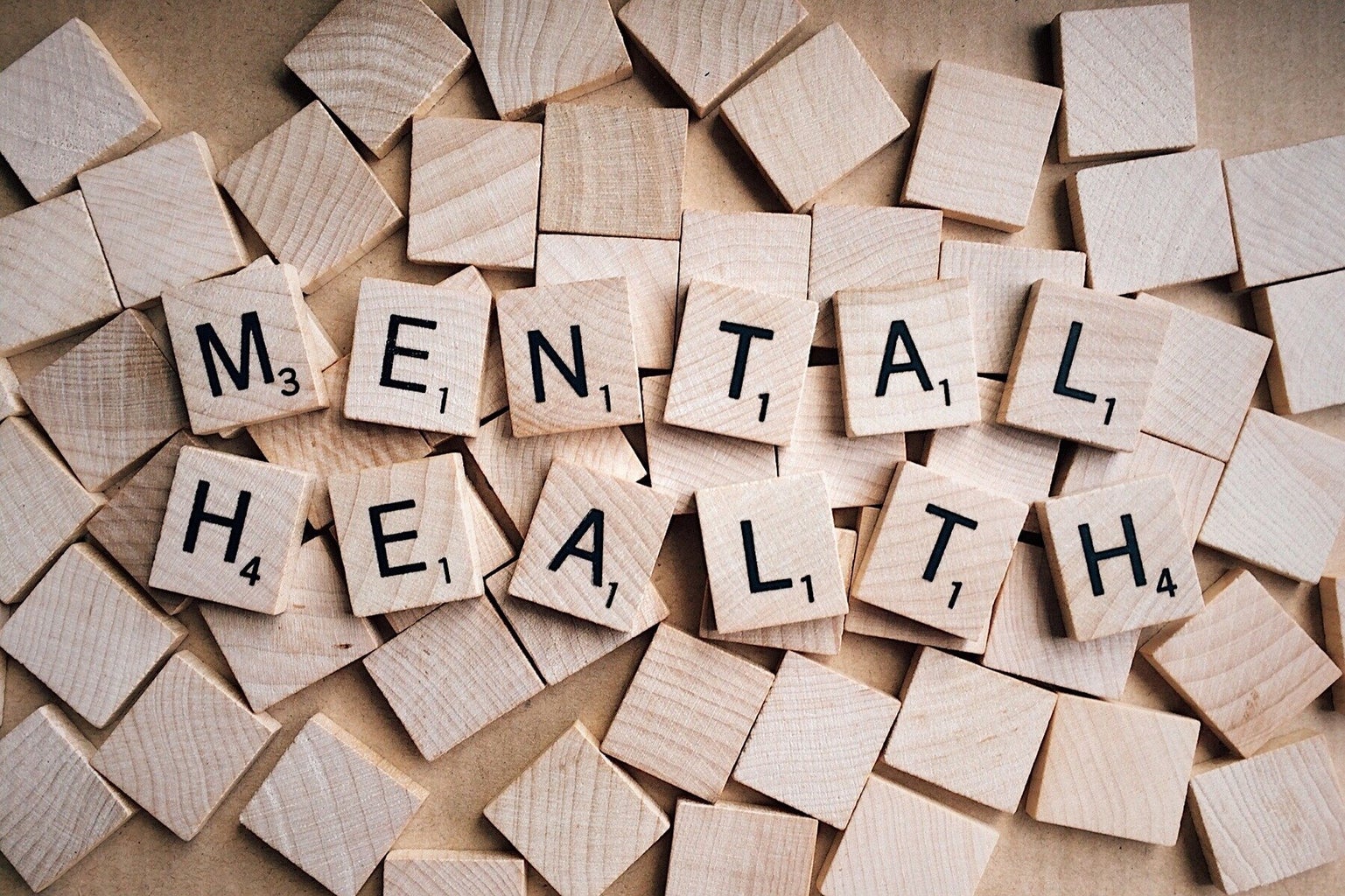Two weeks ago, a close friend of mine started going to therapy. After her very first session, she showed me all of the resources her therapist gave her. Even though I am not currently a patient in therapy, these resources have been extremely helpful to me in just the few weeks I have known about them.
One of the resources that my friend has found through therapy is a list of what are called cognitive distortions. Cognitive distortions, or thinking mistakes, are thinking habits that are negatively biased. Some of these include overgeneralization, jumping to conclusions, and labeling. These ways of thinking negatively affect our view of ourselves and our lives. One technique in therapy is to take note of these cognitive distortions when you have them. Over the past couple of weeks, I have kept a notes app log of when I have had a cognitive distortion. This has been extremely eye-opening, as it has shown me that my common ways of thinking may be harmful. Logging my cognitive distortions has even enabled me to recognize that I’m about to have a cognitive distortion thought before it happens. The cognitive distortion I am most guilty of is labeling. Labeling is when someone reduces themselves or someone else to a negative descriptor, such as “fool” or “failure.” I find that I like to call myself “stupid” a lot. For example, on 2/14 at 12:08 pm, I said to myself “I’m so stupid for forgetting to buy chicken.” It may seem silly and harmless, but habitually calling ourselves names for things we do, whether benign or not, can have a great effect on our views of ourselves. Logging cognitive distortions has helped me move in a positive direction towards speaking more kindly to myself.
Although I am not in therapy right now, it is helpful to know that I can still work on becoming a better version of myself. Unfortunately, therapy is not as accessible as it should be. I have many friends who wish to be in therapy but cannot. I have several friends who have had to wait for weeks or even a few months to get a counseling appointment through the university. I myself have struggled in the past to find a therapist in my area who would take my insurance. These barriers to therapy can be very discouraging, and it is upsetting that people cannot get the help they need because of these barriers. However, it is comforting to know that by someone close to me going to a therapy session, I have been able to learn invaluable techniques that I hope to continue to build upon. We should be careful not to pressure those close to us to share what they work on in therapy. However, if a friend willingly offers to share what they have learned, we can gain invaluable skills through this. We need not wait until we can find a therapist who takes our insurance before we work on ourselves and our ways of thinking.



